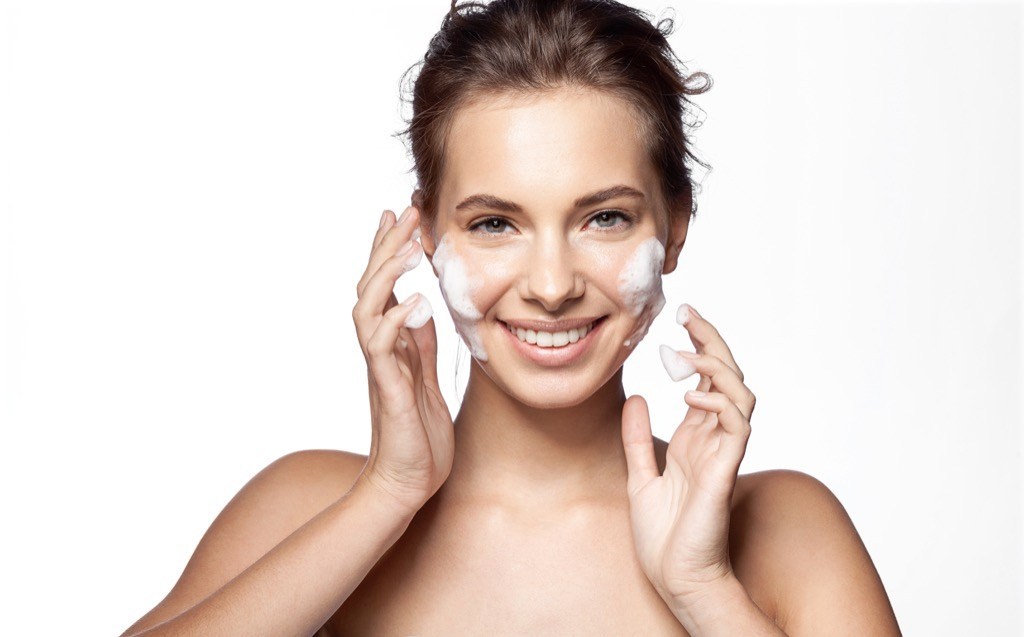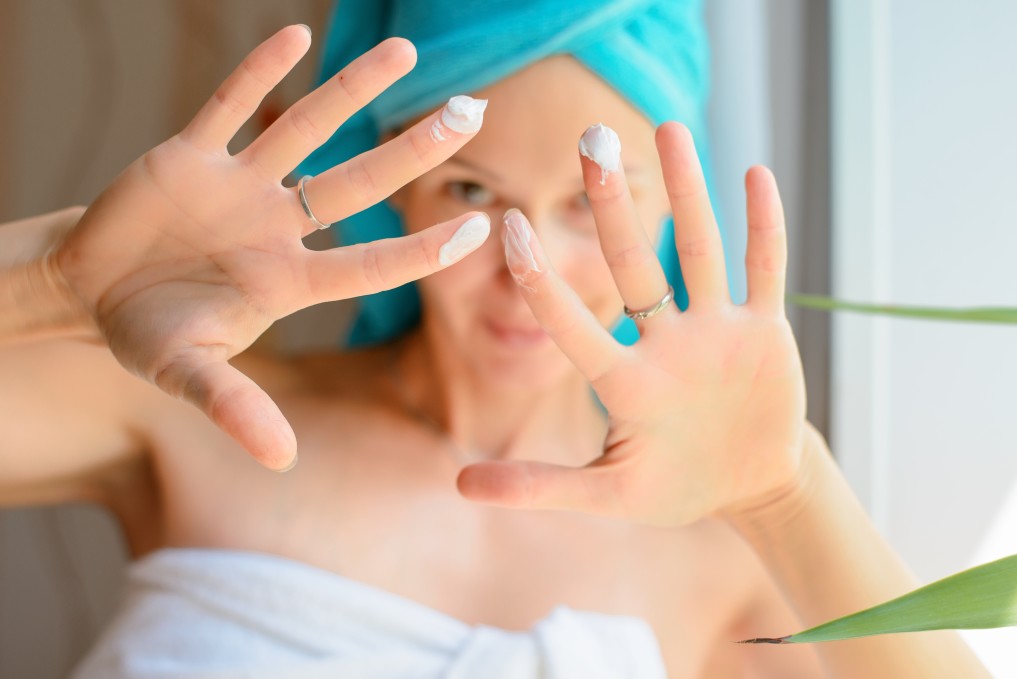
Seven ways to help oily skin without harsh ingredients
Oily skin is actually a blessing in disguise. It means your skin is less prone to wrinkles and the flaky, red, tightness that characterises dry skin. However it does come with its own set of challenges.
Here’s our ‘Oily Skin 101’ crash course to set you on the right path. It covers off the basics, then follows with strategies for management.
Do you actually have oily skin?
Some people think they have oily skin, but they actually have combination skin. True oily skin looks shiny and greasy everywhere, with enlarged pores and occasional breakouts. It can also have a visibly thick and rough surface.
How can I tell if I have oily skin?
A simple test will help to reveal the type of skin you have. Wash your face with a gentle cleanser and then pat it dry. Wait a couple of hours. If it feels tight and irritated, you have dry or sensitive skin. If your skin is dry in some areas, like your cheeks, but your nose and forehead are shiny, this is combination skin. If it’s oily all over, you have oily skin.
Oily skin is famous for clogged pores, blemishes and breakouts. It can cause cosmetics to run and needs regular blotting to reduce the sheen.
What causes oily skin and how can I stop it?
Over-active sebaceous glands cause hyper-production of sebum, which is your skin’s natural oil. It’s generally genetic, but can also be influenced by hormones and stress.
You can’t stop your skin from being oily. Look on the bright side - oily skin becomes a blessing as sebum production slows with age, meaning your skin will look good and stay smooth for longer. But that doesn’t help now when you’re suffering from breakouts and a greasy-looking face!
Even though you can’t fix oily skin completely, you can make it easier to live with:
Wash gently twice a day
It can be satisfying to wash your skin until it’s squeaky clean, however over-cleansing encourages your skin to produce more oil, which doubles the problem. Instead, wash your skin morning and night using a gentle foaming cleanser and pat gently dry.
Use a mist toner
Toner often contains alcohol, which dries the skin out and increases oil production. Instead of reaching for toners that work like paint stripper, use a gentle non-drying toner that corrects your skin’s pH.
Use a mask once or twice a week
Don’t go overboard with these, but a gentle, natural-based mask will help to keep moisture in and discourage excess oil production. More about natural masks.
Always finish with moisturiser
It seems to go against what you’d want to do, but using moisturisers made with natural oils can help balance out your skin. Trial a few different ones until you find a couple you like – one for day, one for night. Look for formulas that include apricot kernel oil, macadamia oil or olive oil. In particular, avoid night moisturisers that feel very rich and creamy – leave them to those with dry skins. Also, apply only a pea-sized amount.
Eat well
Kick the saturated fats and fried food, processed meals and excess sugar. Focus instead on creating a great diet filled with vegetables, fruit and high-quality lean proteins, such as tofu, fish and chicken.
Be mindful of makeup
There are many makeup brands out there, and not all of them will suit you. Choose water-based products, not oil based, and keep an eye out for ‘non-comedogenic’ written on the label - that means it won’t block pores. Mineral makeup is a very good start if you’re looking for an oil-free foundation.
Don’t pile on the powder. You might think it will soak up excess oil, but it’ll simply start to cake on and then your skin will produce more oil. Instead, use skin blotting paper (tissues do the trick too).
Always wear sunscreen
Always wear sunscreen. Choose a non-greasy formula that uses mineral-based barrier, such as zinc or titanium.
Work with your skin, not against it
While you can’t change your genetics or control your hormones, there are ways to help manage over-productive oily skin. Being gentle and not over-washing your face is the basis for healthy skin. From there, trial toners and moisturisers on your face until you find what works best for you.



Leave a comment
This site is protected by hCaptcha and the hCaptcha Privacy Policy and Terms of Service apply.